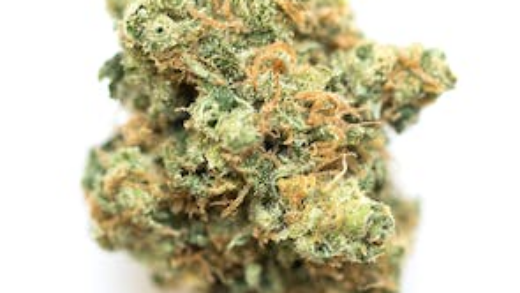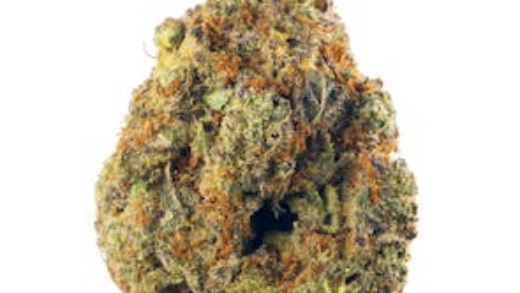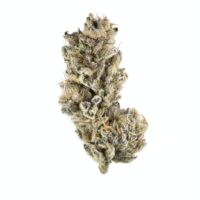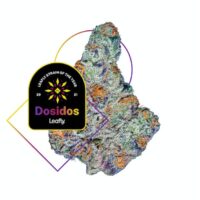Becoming your true, authentic self could be facilitated by microdosing psychedelics, according to a recent study.
The study, published in May in the journal Nordic Studies on Alcohol and Drugs, focused “on the relationship between state authenticity – the experience of being true to oneself in a particular moment – and microdosing – a practice that implies repeatedly ingesting very small doses of psychedelics that do not reach the threshold for perceptual alterations.”
The authors proposed that “microdosing could increase state authenticity through influencing people’s mood and the number and satisfaction with daily activities,” and sought to demonstrate that through “self-assessments of state authenticity collected from 18 microdosers in the Netherlands across the period of 1 month for a total of 192 observations.”
Ultimately, the authors of the study learned that “on the microdosing day and the day thereafter, state authenticity was significantly higher,” and “the number of activities and the satisfaction with them were higher on the day when participants microdosed, while the following day only the number of activities was higher.” According to the authors, both “the number or activities and the satisfaction with them were positively related to state authenticity.”
“We propose that feeling and behaving authentically could have a central role in explaining the positive effects of microdosing on health and wellbeing that are reported by current research,” they wrote in their analysis.
“In conclusion, we have found evidence that the microdosing practice was related to higher ratings of state authenticity and that a behavioural mechanism is most likely at work. Our study opens the door to a new line of research as we propose that feeling and behaving authentically could have a central role in explaining the positive effects of microdosing on health and wellbeing that are reported by current research.”
Microdosing is all the rage these days, with its practitioners ranging from everyday millennials and zoomers to Silicon Valley’s elite.
The study tracing the effect on one’s authenticity isn’t the first to lend credence to those microdosing evangelists.
Research published last summer offered evidence that microdosing on psilocybin mushrooms has a positive effect on one’s mood and overall mental health.
Those researchers observed “small- to medium-sized improvements in mood and mental health that were generally consistent across gender, age and presence of mental health concerns … improvements in psychomotor performance that were specific to older adults.”
They claimed that the study was “the largest prospective study to date of microdosing psilocybin, the first to distinguish between microdosing admixtures (i.e., stacking), and among the few prospective studies to systematically disaggregate analyses according to age and mental health concerns.”
The researchers behind the authenticity study acknowledged that there were “limitations” in their analysis, among them “concerns the potential placebo effects that cannot be addressed with these data” and “the variability in doses and regimens for microdosing, makes it impossible to distinguish between genuine drug effects and placebo effects.”
“While genuine drug effects are undoubtedly relevant to our understanding of microdosing, our study takes a different approach. Our study aims to capture the effects of microdosing in a natural setting, where variations in factors, such as dosage and regimen, are expected. This approach increases the external validity of the results, reflecting real-world conditions in which individuals are likely to have different practices, sensitivities to substances and goals for microdosing,” they wrote.
“In addition, our data collection design captures the effects of a microdosing practice in a natural setting,” they added. “It embraces the inherent variability in regimens and dosages while ensuring a common understanding of microdosing among participants. This approach enhances the external validity of our findings and reflects real-world conditions. Furthermore, our study is a positive example of the use of experience sampling methods with the use of a phone app, and an invitation for researchers to further explore this methodology.”
Sign Up for Our Newsletters
Get notified of our the latest cannabis news, exclusive brand deals, events updates and more!













